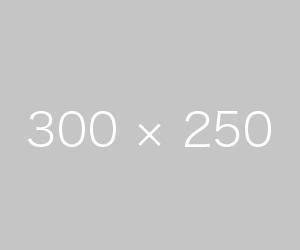Dear Miyuki Horiuchi Sensei,
I would like to humbly request your contribution on my website “Yuko Nishikawa, Nihon Buyo”, themed on school education and traditional performing arts.
The website discusses appeals of Nihon Buyo, in the form of open correspondence between interested professionals from various backgrounds and me. To date, our contributors include a cellist, a Noh-Kyogen actor, a ballet dancer, an university professor, an actor and an author.
Specifically, I would like to ask you about issues listed below.
- Educational policy on classes that incorporate traditional performing arts (Nihon Buyo).
- Accomplishments so far.
- Your views on how future lessons maybe improved, and what roles (traditional performing arts) may play in school education, if any at all?
I would be most delighted if you could kindly share your views.
Yuko Nishikawa

Dear Nishikawa Sensei,
I must apologize for my late response.
My answers are as below. Please do not hesitate to contact me if you have any questions.
1) Educational policy on classes that incorporate traditional performing arts (Nihon Buyo).
Regarding Budo (Japanese martial arts), we educate our students on the characteristics, origins, traditional thinking of those martial arts, and names of different moves, and how to execute those moves, according to the Education Ministry guidelines. Likewise, for dance (Nihon Buyo), we instruct our students on the characteristics and origins of those arts, so that they may be able to acquire expressive skills.
Children who live in the global society must learn to value harmony and cooperation with people from increasingly diverse cultures.
We wish our students will identify and deepen their awareness of their own culture, learn differences from other cultures, and appreciate the virtues of both sides. We hope to achieve this by offering our students opportunity to study Nihon Buyo, a unique form of traditional performing art, born and developed in Japan with great care.
Consequently, our students will be able to cultivate tolerance towards other people and play the role of passing down Japanese culture.
It is also a great opportunity for the students to enjoy traditional Japanese melody, wear kimono (yukata in class) and to learn etiquette in class.
2)Accomplishments so far
Some students choose to participate in language programs in the United Kingdom during summer breaks. Of such students, those who have taken Nihon Buyo classes, brought yukata and obi with them. They performed traditional Japanese tea ceremony, dressed in yukata, at farewell parties with their host families. The students reported that such hospitality was very well received by the hosts. Some students have also said that they have gone out dressed in yukata during summer breaks with their families and friends to watch fireworks or participate in summer festivals; something they are now able to do with more ease. Others have commented that Nihon Buyo classes have stimulated their interest in studying classics and history. The classes have become precious occasions for drawing new interests and passions from our students.
4) My views on how future lessons maybe improved, and what roles (traditional performing arts) may play in school education
At present, our students are already learning a lot from Nihon Buyo, such as etiquette and graceful movements. So, I hope we can continue this way. The (Nihon Buyo) classes amply serve the purpose of learning about Japanese culture to our students.
Miyuki Horiuchi
Vice Principal
Kawamura Junior and Senior High School